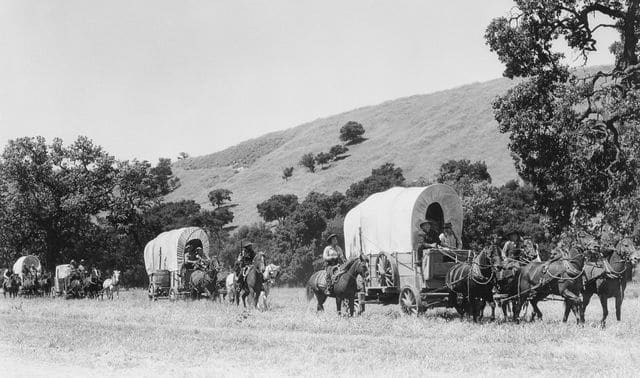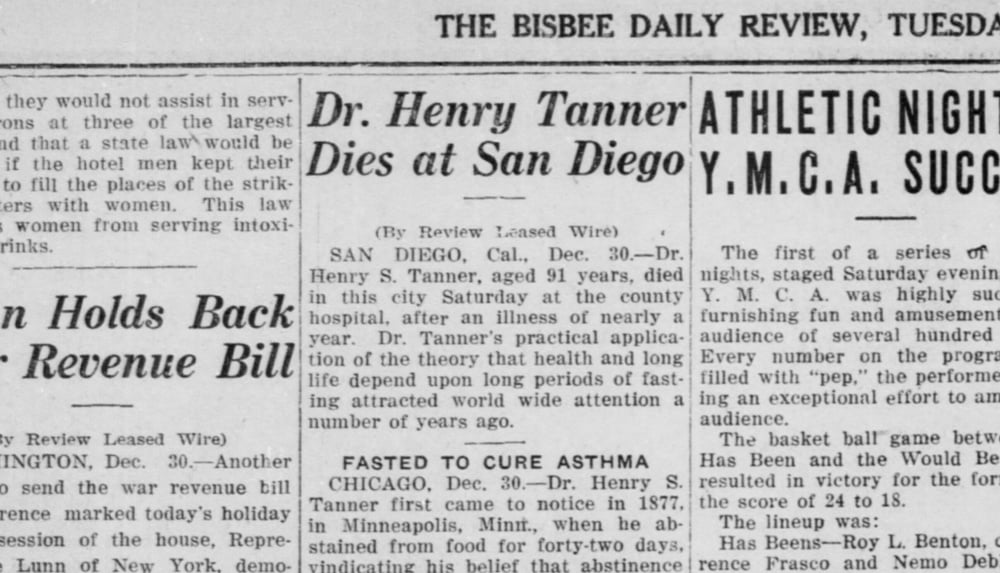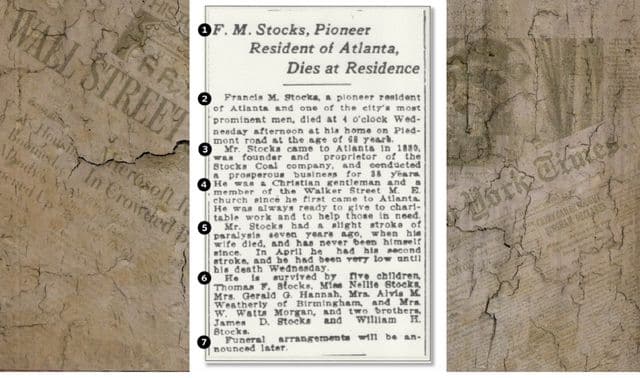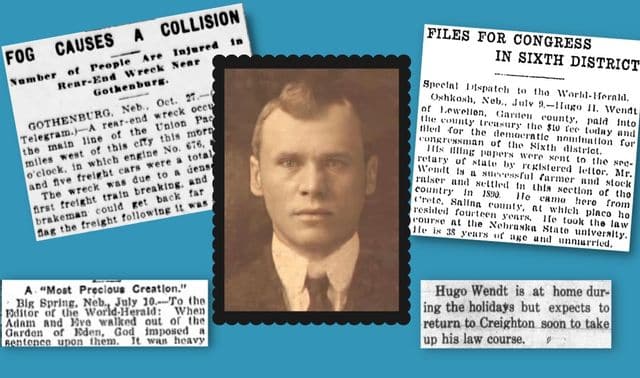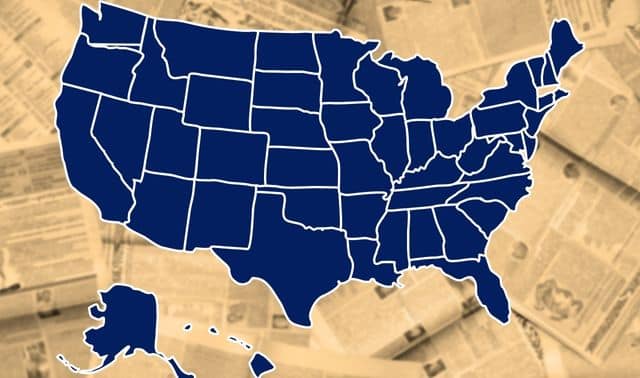Sign up for the Family Tree Newsletter! Plus, you’ll receive our 10 Essential Genealogy Research Forms PDF as a special thank you.
Get Your Free Genealogy Forms
"*" indicates required fields
Question: My immigrant ancestor, who arrived at New York, died en route to Iowa, where the rest of her Kuen family settled. Where should I look for an obituary?
If you’re not sure of an exact location, start with a large online database. The best free source is the Library of Congress’ Chronicling America, which has close to 14 million digitized pages from newspapers nationwide. You can search by state or specific newspapers, and limit the date range to the year your ancestor traveled through.
Among the largest online newspaper collections, with an emphasis on obituaries, is subscription site GenealogyBank. You can do some searching for free to see if it’s worthwhile. A quick search on the surname Kuen, for example, turns up 183 obituaries from 1690 to the present.
Another paid option is Newspapers.com, owned by Ancestry, with more than 22,000 newspapers. Ancestry.com also has a pretty good collection of newspapers and periodicals that you can search. Searching is free, but you will need to sign up to access most records and to yield more detailed results.
If you know some towns your family went through, try searching online for the town name and obituaries to turn up online obituary indexes at public libraries and local newspapers. You also can contact libraries, which might have offline indexes.
Beyond obituaries, also consult church records, cemeteries and funeral homes in places where your ancestor might’ve died.
Last updated July 2024.

